Do You Need Winter Tires?
Do You Need Winter Tires?
Are you curious about the difference between different types of tires? When it comes to winter tires and regular tires, the main difference between the two is tread depth. On winter tires the tread depth starts at between 8 and 9 mm as opposed to 7 and 8 mm on a regular tire. Winter tires have a wider and deeper groove within the tire tread which forms a larger channel for snow and water to travel through and maintains a grip on the road.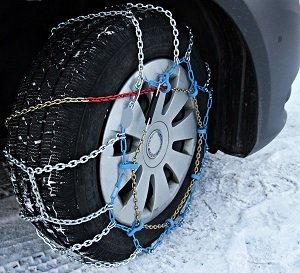
One of the most important features of winter tires is the fact they are made with a larger percentage of natural rubber and silica in the compound. This doesn’t harden as much as synthetic rubber in cold weather which improves the tire grip.
What are the benefits of winter tires?
Winter tires ...[more]
How Temperature Affects Tires
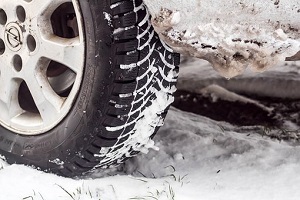
What to Know About Recycling and Reusing Tires
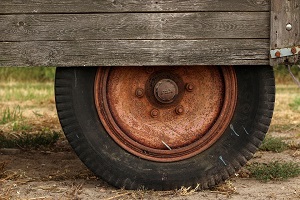
Why Should You Recycle Your Tires?
Our Top Pre-Travel Tire Maintenance Tips
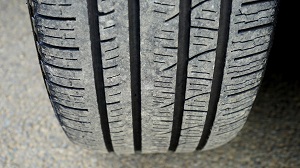
Which Tire is Right for You?
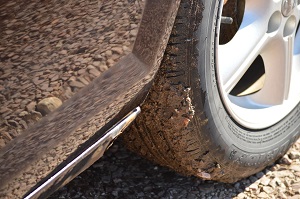
Maximizing Your Tire Life
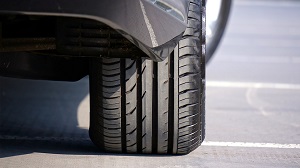
Should I Repair or Replace My Tire?
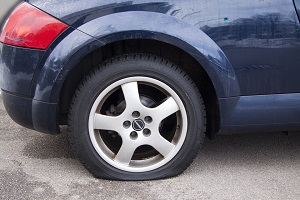
What’s Inside Your Tires?
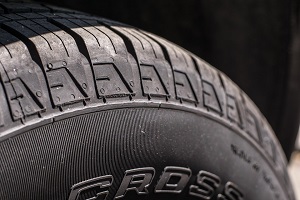
How to Buy New Tires
If you’ve never done it before, purchasing tires can be a frustrating and intimidating task. How do you know what brand is best? How do you get the best price? We will discuss these questions and more in this blog post.
1. Read Reviews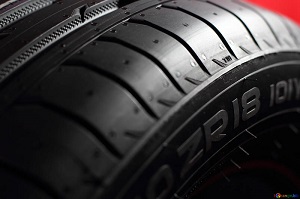
It’s impossible to know how tires will perform after a few thousand miles… unless you read the reviews of people who already have those tires. When looking through reviews, look for people who drive a similar car to yours (truck, SUV, sports car, etc.) and skim past the reviews of people who have driven less than 25% of the tire’s lifespan. If a tire lasts 50,000 miles, look for the reviews of people who have driven at least 12,500 miles on the tires. Your car will always drive well on new tires. The true test of a tire’s durability comes after it’s had some ...[more]
How to Perform A Safety Inspection on Your Tires
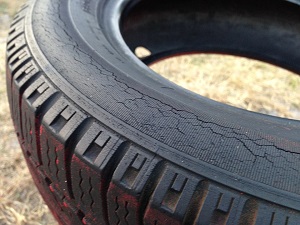
| << Previous | 123456789 | Next >> |



